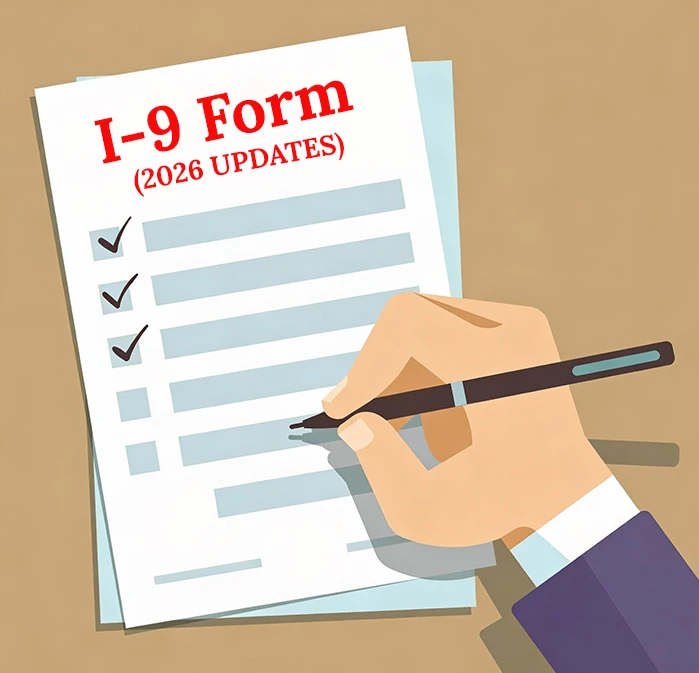Before Donald Trump left office, his administration passed a rule, somewhat narrowing the definition of who and what is an independent contractor – and then the Biden Administration withdrew that rule, rolling things back to the confusing place they were under the Obama Administration.
Many employers believe that if their employees agree to certain pay arrangements, or agree to be classified as independent contractors, then there is no violation of the law. This is not the case. Employees cannot agree to waive their rights under the Fair Labor Standards Act. For example, offering your employees time off or additional benefits in place of overtime pay is still an FLSA violation—even if your employees sign a written contract to that effect. The FLSA and only the FLSA determines the employer’s FLSA obligations. In fact, even when an employee willingly goes along with, or even requests, an illegal pay arrangement s/he can still sue the employer for FLSA violations and recover any pay back he is owed under the law, in addition to keeping the extra pay and benefits he already pocketed under the illegal compensation system, and additional amounts in liquidated damages. If that’s not enough you may also be on the hook for your employee’s legal fees!
Whether a worker is an independent contractor or an employee is one of the most misunderstood areas in employment law, leaving businesses very vulnerable to fines, penalties and legal fees that can be staggering—particularly to smaller businesses. Businesses that try to escape paying payroll and other taxes in connection with their workers, or providing workers’ compensation coverage and other benefits do so at their peril. Since this practice results in loss of significant sums of money to both the federal and state governments, the US Department of Labor has entered into agreements with many of its state counterparts to crack down on businesses that mis-classify workers.








